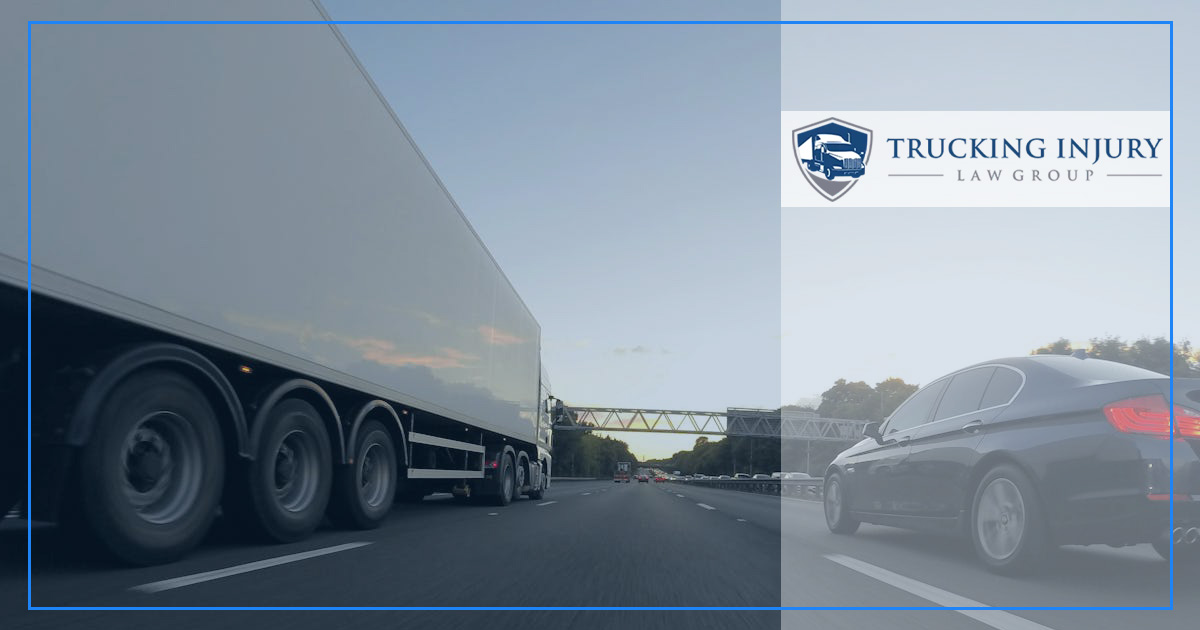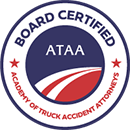How Are Truck Accidents Different than Car Accidents?

The legal, financial, and safety implications of truck accidents are also much more complex. Victims and drivers often need the help of a qualified truck accident lawyer to successfully navigate the aftermath of a crash.
Size and Impact Differences
The most obvious difference between truck accidents and car accidents is the sheer size of commercial trucks. A fully loaded semi-truck can weigh up to 80,000 pounds, while the average passenger car weighs in closer to 3,000 to 4,000 pounds.
This difference in weight means that when a large truck crashes into a smaller vehicle, the force of impact and damage are far greater.
- Big rigs need more stopping distance, which increases the likelihood of rear-end collisions.
- The force of impact in a truck crash is more severe, leading to greater injuries and property damage.
- Rollovers and jackknife accidents are unique to large trucks and rarely occur with standard passenger vehicles.
Because of these factors, truck accidents often result in serious or fatal injuries, whereas many car accidents lead to minor injuries or property damage.
Greater Severity of Injuries and Increased Fatalities
Truck accidents cause significantly more injuries and fatalities than car accidents, and passenger vehicle occupants tend to suffer the most harm in truck crashes. This is because they lack the protection that larger trucks have to withstand the force of the greater impact.
Common injuries include:
- Traumatic brain injuries
- Spinal cord injuries and paralysis
- Severe fractures and crush injuries
- Internal organ damage
Recovery from these injuries is often long and expensive, requiring ongoing medical care, rehabilitation, and, in some cases, lifelong assistance.
Complexity of Liability Issues
Determining who’s liable in a truck accident can be far more complicated than in a car accident. In a typical car crash, liability usually falls on one of the drivers. However, in a truck accident, multiple parties may be responsible, including:
- The truck driver, if negligence, fatigue, or reckless driving played a role
- The trucking company, if it failed to enforce safety regulations or pressured drivers to violate hours-of-service rules
- The truck manufacturer, if mechanical defects contributed to the crash
- Maintenance crews, if improper repairs or lack of maintenance led to the accident
Because multiple parties may be involved, investigations take longer, and insurance claims become more complex.
Stricter Regulations for Trucks
Truck drivers and the trucking industry in general are subject to strict federal and state regulations that don’t apply to regular drivers. The Federal Motor Carrier Safety Administration (FMCSA) enforces rules that are designed to reduce accidents, including:
- Hours-of-service regulations. These limit the number of hours that truck drivers can drive to prevent fatigue-related accidents.
- Weight and cargo restrictions. Restrictions that help prevent overloaded trucks from creating dangerous conditions.
- Mandatory drug and alcohol testing. This is a requirement for all drivers of commercial vehicles.
- Routine vehicle inspections. These inspections help to ensure that trucks are safe for operation.
Violations of state and federal regulations can also have a significant impact on determining fault in a truck accident case.
Higher Insurance Coverage Requirements
Commercial trucks have to carry much higher levels of insurance coverage than standard passenger vehicles. While a personal auto insurance policy may provide coverage of around $50,000 to $100,000 per accident, trucking companies must carry liability coverage in the millions.
This difference affects how insurance claims are handled, for instance:
- Trucking insurers often have legal teams dedicated to reducing payouts.
- Victims of truck accidents may receive larger settlements due to the greater extent of injuries and damages.
- Claims take longer to process because of the higher financial stakes and multiple parties involved.
Longer Legal and Settlement Processes
Large truck accident cases tend to take longer to settle than car accident cases due to the complexities involved. Thorough investigations, insurance negotiations, and potential lawsuits often extend the timeline.
Evidence such as black box data, driver logs, and truck maintenance records needs to be reviewed to establish fault. Unlike minor car accidents, which may settle within a few months, truck accident cases often take a year or more to resolve, especially if they go to court.
Truck accidents differ from car accidents in size, impact, injuries, legal complexities, and insurance requirements.
At Trucking Injury Law Group, we understand the severe consequences of truck crashes, and how much more challenging they can be to deal with, both legally and financially. If you’ve been the victim of a truck accident, it’s important that you understand these differences and partner with experienced legal representation to work through the claims process effectively.
Whether on the road as a driver or dealing with the aftermath of a crash, recognizing the unique factors in truck accidents is essential for protecting your rights and safety.





